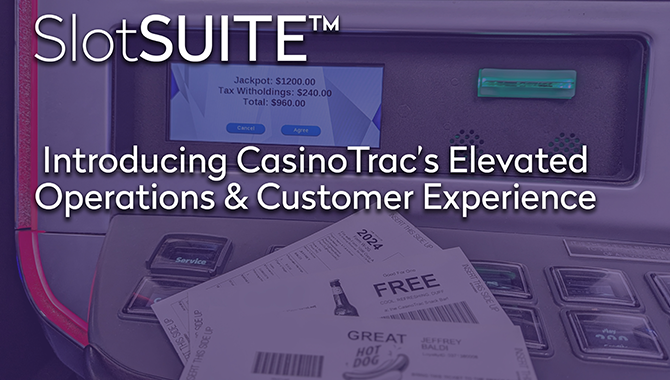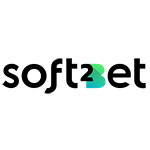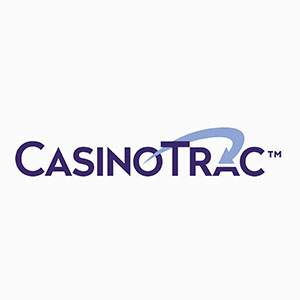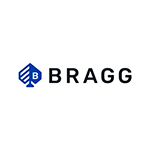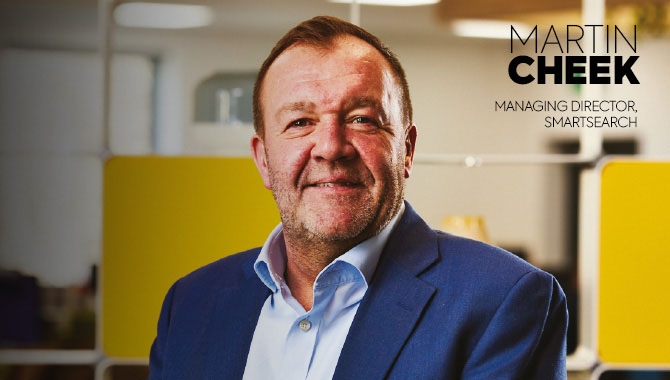
While legalized gambling may be one of the most highly regulated industries in the US, there are still opportunities for complacency when it comes to money laundering. After all, gambling is still heavily reliant on cash with large numbers of high-value transactions taking place, often in short succession. As a result, the industry remains a clear target for resourceful criminals to filter illicit funds. Worst of all, their methods grow more and more sophisticated.
The landscape has changed so rapidly too, with the continued shift online. The pandemic only accelerated this movement with all commercial and Tribal casinos mandated to close. In fact, the online gambling market in the US was worth $2.65bn in 2021 alone. With one-off customers and high attrition already presenting challenges in identifying potential threats, the switch online made that task much harder.
To add insult to injury, the war in Ukraine has only increased the compliance pressures, with thousands of Russian nationals and entities now subject to sanctions. Since Russia’s invasion, the US has issued around 1,500 new and 750 amended sanctions. Its efforts and those of its allies have immobilized around $300bn worth of Russian Central Bank assets.
"In the current climate with the heavy burden of compliance, this requires a move to perpetual know your customer (PKYC)."
But without adequate checks and safeguards, it’s far too easy for operators to unknowingly become enablers for sanction evasion. That’s especially true as the volume of sanctions increases and more Politically Exposed Persons (PEPs), Special Interest Persons (SIPs) and Relatives & Close Associates (RCAs) come under the microscope. All things considered, complacency can be so dangerous in the world of anti-money laundering (AML).
Higher on the agenda
Lawmakers are all too aware of the risks posed by money laundering and the heavy burden facing the ‘gatekeepers’ of the financial sector. Efforts are ongoing to increase standards and expand FinCEN’s regulatory powers and enforcement capabilities. The most recent attempt has been the Enablers Act, which aims to broaden the Bank Secrecy Act’s definition of a ‘financial institution.’ If passed, the likes of law firms, investment advisers, accountancy firms and payment processors will all be subject to bank-style AML obligations. It’s set to be a comprehensive list that will expand as necessary to broaden national defense and protect firms from financial crime.
While many casinos are classed as non-bank financial institutions (NBFIs) and already subject to strict regulation, the broad reach of the Enablers Act could mean ancillary gambling and gaming firms may, in the future, face greater regulatory demands. And while it may not have passed the senate just yet, the bipartisan support for the act surely points to a case of when rather than if.
Nevertheless, it serves as an important reminder of the standards expected of all firms and the increasing spotlight on AML compliance.
Know Your Customer
To comply with the Enablers Act, firms must conduct risk assessments and staff training, update AML policies and appoint dedicated officers. Firms must also report any suspicious activity they find. But the key to all other aspects of the regulation is robust know-your-customer (KYC) procedures. By law, firms will need to carry out proper KYC checks and customer due diligence to accurately confirm identity and determine any potential risk.
This has long been a requirement for casinos and operators across the gambling sector, as well as other financial institutions. However, it’s no reason for companies to rest on their laurels. The challenging global climate and the threat of serious organized crime highlight the need for firms to not only increase but modernize processes. In the current climate with the heavy burden of compliance, this requires a move to perpetual know your customer (PKYC).
"Without adequate checks and safeguards, it’s far too easy for operators to unknowingly become enablers for sanction evasion."
It’s a much more dynamic approach that’s better suited to the challenges of today. Reactive checks are replaced with proactive real-time monitoring, utilizing hundreds of data sources including credit reference agencies and sanction lists, to continually update client information and highlight any potential red flags.
Across the Atlantic
With the UK’s Gambling Commission taking action on non-compliance with hefty fines – including a record £17m ($20.5m) settlement with Entain in August 2022 – many UK-regulated firms and operators have already moved in this direction and adopted a perpetual model.
With real accuracy, electronic verification can help firms weed out bad actors and verify a customer’s identity. With ongoing monitoring, users are alerted to any potential red flags or discrepancies presented by new and existing customers, with enhanced due diligence triggered automatically.
It’s an important step forward to not only optimize processes and create a clear audit trail, but to remain one step ahead in the ongoing fight against financial crime. Plus, the advancements in digital onboarding create a frictionless experience for customers, helping to reduce dropout and deliver a clear competitive advantage.


